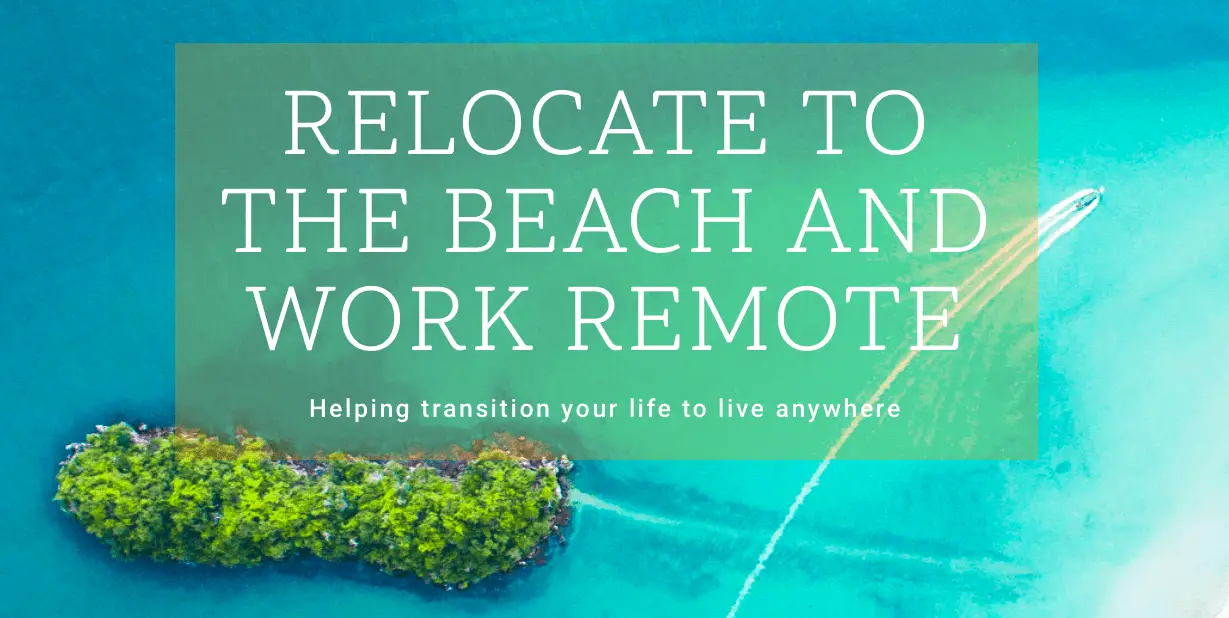Little is said about the “culture of privilege”, a permanent reproducer of inequalities whose birth dates from the conquest and colonization of Latin America and the Caribbean when the original peoples were subjected, dispossessed and enslaved.
Their beliefs and values were forbidden, the indigenous people suffered systemic abuse that even denied them all citizenship status. A new type of domination that extended to blacks, mestizos, women, peasants and migrants.
According to the Economic Commission for Latin America and the Caribbean (ECLAC), the culture of privilege has three basic features: first, the naturalization of inequalities as a hegemonic form of domination. It is a historical construction assumed as an almost natural reality, linked to the establishment of racial hierarchies by peoples or populations.
Second, the social position established according to the origin of the individual, which can be achieved by class or blood, race, gender, culture, ascription to the power elites or their various combinations.
The third feature is the need to perpetuate itself, and for this it uses the support of the institutions, rules and practices of society. In this way it is possible to naturalize inequalities and at the same time reproduce them.
From the perspective of social development, the culture of privilege is key, since it establishes the relationship between the place occupied in the social scale, access to education, health, work, safety and habitability.
Perpetuated Inequalities
There are factors that contribute to perpetuate and deepen inequalities, instruments of domination that encompass all sectors of society, their economic and financial relationships.
According to ECLAC, some examples are taxation, the appropriation of income from natural resources, the blocking of the powers that stem from political regulations, territorial segregation and infrastructure provision, and the segmentation of the quality of urban life.
To these are added the costs paid by the populations in the face of environmental degradation and climate change, the rigidities of intergenerational social mobility or access to general well-being.
Another of the processes used to maintain inequality gaps is financialisation, defined as the increasing importance of financial markets over productive markets, a change promoted by neoliberal ideology.
According to recent research by the Latin American Strategic Center for Geopolitics (Celag), the Latin American banking sector ranks second in the world in terms of the percentage return on assets with 2.1, a figure higher than the indicators for Asia (1.4), Europe ( 0.9), Canada and the United States (0.7).
Researchers attribute this increase in bank profitability to financial deregulation and the proliferation of tax havens in Latin America, through which the distance that separates the rich from the poor grows, investment in the real productive sector slows and increases the indebtedness of the most disadvantaged.
In tax matters, Latin America has 27 percent of the private wealth registered in tax havens. In 2018, the collection was only 23 percent of the Gross Domestic Product, unlike the countries of the Organization for Economic Cooperation and Development (OECD), where it was located at 34.3 or in the United States with 40 percent.
Celag highlights that tax privileges are specified in exemptions from payment, tax evasion and low income taxes. In other words, the indirect tax burden falls on consumption, while the income tax is lower than that existing in OECD countries.
Celag’s research also shows the profound inequality between monetary income and the concentration of wealth. For example, in Brazil, Chile, Colombia and Mexico, the richest one percent appropriates 20 percent of total income.
In short, in the culture of privilege, interests of economic and political elites are permeated, making it difficult to advance reforms favorable to equality, where those who have more contribute less and lack commitment to contribute to the common good.
But it is not all, education is another of the reproductive factors of inequality, since it leads to the characteristics of the future work occupation and access to social protection. In it, educational segregation operates as a mechanism of social isolation and differentiation in the networks of relationships.
Pandemic In Inequality
Latin America is the global focus of the pandemic caused by Covid-19, a health situation that made the deep regional inequalities visible; The region faces unexpected challenges of unpredictable scope and without favorable medium-term prospects.
Cepal said that the disease evidenced the structural problems of the development model in the region: fragile social protection systems, great divergence that affects women and indigenous peoples, commodification and fragmentation of health systems, and high labor informality .
In this context, the United Nations agency forecast for this year a contraction of 9.1 percent of GDP, an increase in unemployment and consequently the negative effect on household income and their possibility of having sufficient resources to meet the basic needs.
It also warned about the negative external impact of the disease on the commercial channel, in terms of trade, tourism and remittances. Against this background, the regional body predicted an increase of 45.4 million people living in poverty to 230.9 million, from 185.5 million in 2019. The situation of poverty will grow at an equivalent of 15.5 percent of the total population.
In terms of trade, the value of exports of goods from Latin America and the Caribbean may contract 23 percent, the worst performance in 80 years, while imports are expected to decline 25 percent, the largest decline in almost 40 years.
This scenario urgently requires the implementation of a structural change, the crucial intervention of the State for social protection and inclusion, means ECLAC, because the market will not help to equalize society.


